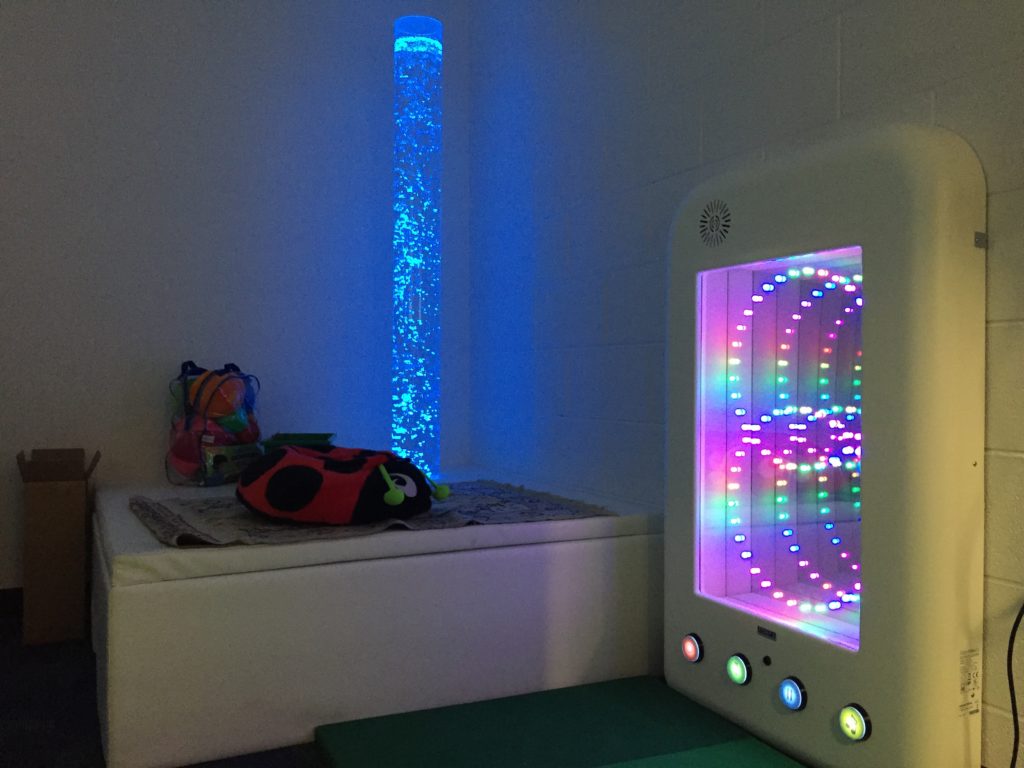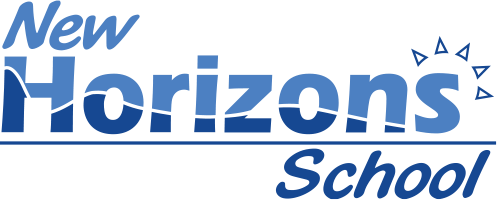Social/Emotional Supports

New Horizons School’s charter has three main goals that focus on these areas:
- intellectual needs,
- social needs,
- and emotional needs.
In order to address the social and emotional needs of gifted learners, New Horizons School uses the following services and approaches.
In-School Counseling Services
New Horizons School is fortunate to have contracted counselling services through ECSS Psychological.
Services Provided
- groups counselling related to school issues (eg. sportsmanship, relationships, conflict resolution, etc.)
- individual counselling related to school (relationships, strategies, executive functioning )
- coordinating off campus resources and supports with parents
Out-Of-School Support Services
Out-Of-School Support Services
- New Horizons School has access to an occupational therapist and speech & language pathologist.
- Under certain circumstances, we also have access to an educational psychologist.
Sensory Room
Gifted Students & Student Intensities
Gifted students often experience their world with intensity. Kazimierz Dabrowski, (1902-1980) characterized these intensities as overexcitabilities. One of the ways New Horizons School supports gifted students, their overexcitabilities, and their intensities is by providing them access to our sensory room.
Purpose of a Sensory Room
Sensory rooms provide a controllable environment where users can select and control sensory experiences to help create the following:
- a calming environment
- a stimulating environment
- an uncluttered environment
- a controllable environment
By providing alternative environments, students are able to better regulate their emotions and feel safe to communicate feelings and thoughts that may not surface in the classroom.
The sensory room is not a “time-out” room for the purposes of behaviour management.
Student Access
Student access to the room may be initiated in three ways:
- Student initiated access
- Parent initiated access
- Teacher initiated access
Student and parent initiated requests should be directed to the child’s teacher who may, if necessary, consult with the school counsellor. At all times the student must be in agreement with its use.
When a student accesses the sensory room, it is monitored by designated staff member, and the typical length of stay is fifteen minutes.

What’s In Our Sensory Room?
- Bubble tube
- Infinity Mirror
- Projector
- Crash mat
- Sensory stimulation stations for touch, smell, sound, and sight
- Places to snuggle in
Examples of Local Sensory Rooms In Alberta
For more information about our sensory room, please contact the principal.
Responding to Student Behaviour
Students make choices every day in their interactions with others in the class, in the halls, and outside. Sometimes those choices interfere with what others need. It could be an inappropriate choice of words, or inappropriate physical contact. Such behaviors are typically referred to as misbehaviors.
The word misbehavior itself is interesting. For many, the word has a negative connotation, and needs to be addressed with consequences or with a tone that is often one of anger, frustration, or displeasure.
At NHS, we see misbehaviors as mistakes and as learning opportunities. Misbehaviours become an authentic lessons for students to learn the difference between wrong & right and hurtful & helpful behaviours. It is an opportunity to learn how to resolve a conflict, and how to mend a relationship.
We address misbehaviors, or mistakes, in a way that promotes student understanding and control of their behaviours.
Restitution
In order to manage student behavior in a way that is respectful of student choices, we follow process that parallels Dianne Gossen’s Restitution approach. The Restitution approach is based on William Glaser’s Choice Theory (formerly called Control Theory).
Overexcitabilities & Theory of Positive Disintegration
We also understand that gifted students in particular come heightened intensities. These intensities are called “overexcitabilities” in the gifted literature and are based on the work of Kazimierz Dabrowski. Researching gifted individuals, Dabrowski theorized that human beings transform themselves from self-serving, conforming individuals (egocentrism) to self-aware, self-directed persons (altruism).
For more information, see “When Students Misbehave: Our Approach With Students” on our Best Practice & Innovative Approaches page.


